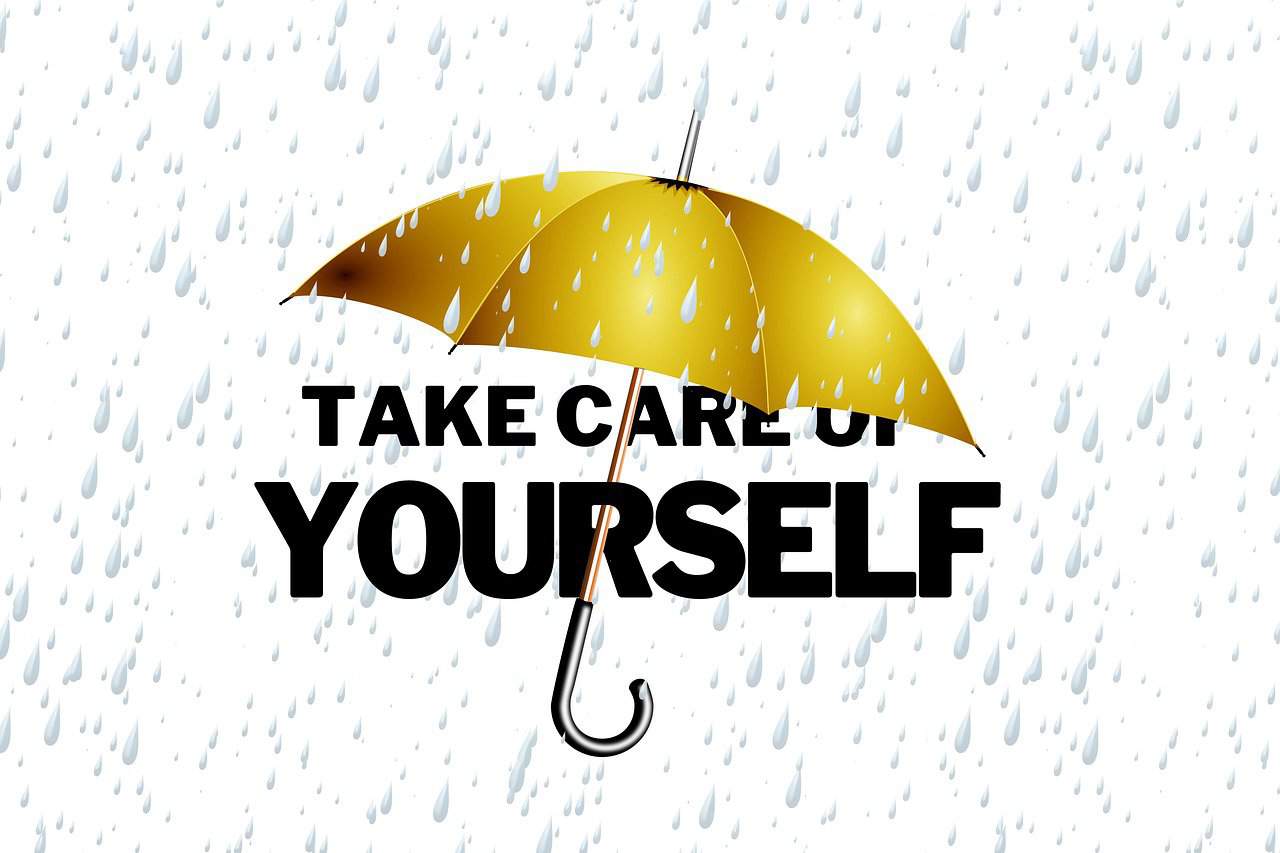Understanding the Relationship Between Self-Esteem, Depression, and Self-Confidence Development
Estimated reading time: 5 minutes
- Self-esteem and depression have a bidirectional relationship.
- Low self-esteem can predict future depressive symptoms.
- Building resilience and support networks can improve self-confidence.
- Early intervention strategies are key in preventing depression.
- Holistic practices can help in managing overlapping vulnerabilities.
Table of Contents
- The Vulnerability Model: Low Self-Esteem and Depression
- The Scar Model: How Depression Erodes Self-Esteem
- Bidirectional Influence: The Cycle of Low Self-Esteem and Depression
- Building Self-Confidence Amidst Depression
- Implications for Practice: Strategies to Support Self-Confidence
- Practical Takeaways for Improving Self-Confidence
- Conclusion: Breaking the Self-Esteem-Depression Cycle
- Call to Action
- FAQ
The Vulnerability Model: Low Self-Esteem and Depression
Research illustrates that low self-esteem can be a significant risk factor for developing depression, particularly in stressful situations. Cognitive theories suggest that individuals with negative self-perceptions are more susceptible to depressive symptoms. According to a recent study, those who suffer from low self-esteem may interpret setbacks as failures, perpetuating a cycle of self-doubt and depressive thoughts (source).
When faced with challenges, individuals with low self-esteem struggle to maintain a positive self-image, leading to heightened vulnerabilities to mental health issues (source). This relationship necessitates building self-confidence through techniques such as cognitive restructuring and resilience-building, which have demonstrated effectiveness in disrupting these negative patterns (source).
The Scar Model: How Depression Erodes Self-Esteem
Evidence also suggests that depression can have a “scar” effect on self-esteem, meaning that even when depressive symptoms resolve, the impact on self-worth can remain (source). The scars of depression may lead individuals to hyper-focus on their flaws, diminishing their ability to internalize achievements and successes. This complicated interplay makes confidence-building more challenging and requires targeted interventions to help individuals reconstruct their self-concept and regain their self-worth (source).
Bidirectional Influence: The Cycle of Low Self-Esteem and Depression
Recent longitudinal studies have revealed a reciprocal relationship between self-esteem and depression:
- Low self-esteem predicts future depressive symptoms: Research shows that individuals starting with lower self-esteem tend to experience more pronounced depressive symptoms over time (source).
- Depression leads to lower self-esteem: Conversely, depressive states can diminish self-efficacy, further undermining an individual’s confidence (source).
This cyclical nature highlights the importance of addressing both self-esteem and depressive symptoms concurrently in therapeutic settings.
Building Self-Confidence Amidst Depression
So, how can we effectively build self-confidence in the context of low self-esteem and depression? Several key strategies, supported by research, offer promising pathways:
1. Cognitive Behavioral Therapy (CBT)
CBT is particularly effective in challenging negative self-schemas and replacing them with balanced self-appraisals. This therapeutic approach enables individuals to recognize distorted thought patterns and encourages healthier self-perceptions (source).
2. Resilience and Social Support
Higher resilience can buffer against depressive symptoms. Building a robust social support network lends itself well to reinforcing positive self-perceptions. Engaging with supportive friends and communities can foster a sense of belonging, vital for rebuilding self-esteem and confidence (source).
3. Early Intervention Strategies
Research suggests that targeting self-esteem during the developmental years, particularly through skills training such as assertiveness and goal-setting, can prevent the onset of depression in young adults. Proactive measures in educational settings can equip individuals with the tools they need to handle future challenges effectively (source).
Implications for Practice: Strategies to Support Self-Confidence
Given the evidence linking self-esteem and depression, several implications arise for practical application:
- Preventive programs focusing on self-worth and coping skills in schools show promise in reducing depressive risk long-term (source).
- Holistic approaches that integrate self-esteem work with anxiety management techniques, such as mindfulness, can address overlapping vulnerabilities and enhance self-confidence (source).
These interventions not only boost self-confidence but also act as protective measures against potential depressive relapses.
Practical Takeaways for Improving Self-Confidence
- Engage in self-reflection: Acknowledge achievements, however small, to counteract negative self-perceptions.
- Practice CBT techniques: Challenge negative thoughts and distortions to reshape self-awareness positively.
- Cultivate resilience: Utilize mindfulness practices to enhance emotional regulation and adaptability.
- Seek support: Connect with individuals or groups that encourage uplifting dialogue and boost self-confidence.
Conclusion: Breaking the Self-Esteem-Depression Cycle
Understanding that self-esteem and depression have a bidirectional relationship underscores the importance of tackling both issues concurrently. Building self-confidence can serve as a protective shield against the damaging impacts of depression, fostering a healthier, more resilient self-image.
At Self Confidence For Me, we are dedicated to supporting individuals as they navigate these challenges. Our resources, including workshops, articles, and specialized coaching, are designed to empower you on your journey toward greater self-esteem and confidence.
Remember, growth takes time and support, and as you embark on your self-confidence journey, any changes should complement professional guidance when necessary.
Call to Action
Explore our extensive library of resources here at Self Confidence For Me. Whether you’re looking for practical advice, workshops, or community support, we’re here to help you build the self-confidence you deserve.
FAQ
Q: Can low self-esteem lead to depression?
A: Yes, research indicates that low self-esteem is a significant risk factor for developing depression.
Q: How can I build self-confidence if I have depression?
A: Strategies like Cognitive Behavioral Therapy, seeking social support, and practicing mindfulness can aid in building self-confidence.
Q: Is resilience important in overcoming depression?
A: Absolutely, resilience can buffer against depressive symptoms and is crucial for rebuilding self-esteem and confidence.
Q: What practical steps can I take to improve my self-esteem?
A: Engage in self-reflection, challenge negative thoughts, and seek out supportive connections.
Q: Are there preventive programs available for self-esteem issues?
A: Yes, programs focusing on self-worth and coping skills in schools have shown promise in preventing depression.
